Background
Ramadan is the holiest month on the Islamic Hijri calendar. Ramadan, in Islam, is the ninth month of the Muslim calendar and the holy month of fasting. It begins 10-12 days earlier each year, because the Muslims calendar is shorter than the Gregorian calendar year. Muslims fast for 30 days. The first meal, before sunrise, is called suhoor. The second meal of the day is called Iftar and it doesn’t arrive until the sun sets. We don’t eat anything (not even water) until when the sun is set. Then, we break our fast with festive meals called Iftar.
Purpose
Ramadan is the month when the Holy book of Islam, Quran, was revealed to us and it is tradition that the 27th night of the Ramadan is called Laylat-ul-Qadr which we Muslims consider to be the day that Quran was revealed. The month of fasting and prayer is meant to be a time in which people reassess their lives and improve their relationship with others and Allah (God).
“Ramadan is a very special month for Muslims around the world. During Ramadan, we have to give charity to those who need it and we ask Allah for forgiveness,”Samia Shazadi said.
I’m going to talk about how Ramadan has affected our lives and as a muslim how it has affected my daily routine and how I spent these 30 days fasting, so bear with me with this long journey.
Suhoor/Fajr –I wake up for suhoor and do my wudu. Suhoor is what the first meal we eat before starting the fast. When I eat suhoor I pray Fajr, which is the first prayer out of the five. The start of Fajr prayer time marks the beginning of the fast. Some muslims go back to sleep and some others read the Quran (the holy book of Islam) and stay awake until it’s time for them to work. I go back to sleep after praying fajr and reading the Quran.
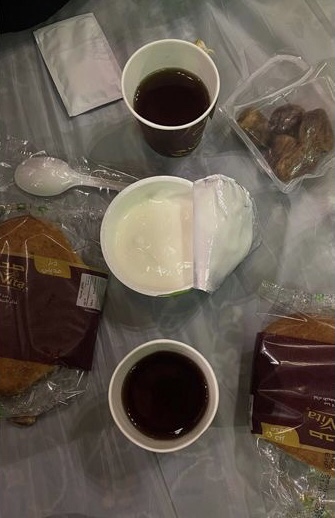
Dhuhr-I wake up for Dhuhr and this time I do my wudu again, because I have to do wudu every time I pray. I pray dhuhr at 1:15 pm, which is the second prayer. Then, I help my family to start preparing iftar, because it’s mandatory to cook a good amount of food for the family.
Asr-After that, I pray Asr at 4:44 pm, which is the third prayer of the day. My family read the Quran again and prepared food for Iftar.
Iftar/Maghrib-Finally, at 7:23 pm we break our fast. Before breaking the fast we make Duas and I break my fast with my family. Then I finish eating Iftar, I go and pray maghrib, which is the fourth prayer of the day.

“During Ramadan, my daily routine changes because I wake up early for suhoor. Throughout my day I pray and read the quran. After that, I break my fast with my family,” Shahzadi said.
Isha- I pray the Isha at 8:37 pm, which is the last prayer of the day. After the isha prayer I pray Taraweeh, Taraweeh is a voluntary prayer performed after isha every single night during ramadan.
Ramadan has a profound impact on the lives of Muslims worldwide. Ramadan fosters community spirit through shared meals, charity, and increased devotion. Overall, Ramadan serves as a spiritual renewal, bringing Muslims together in worship, gratitude, and compassion.

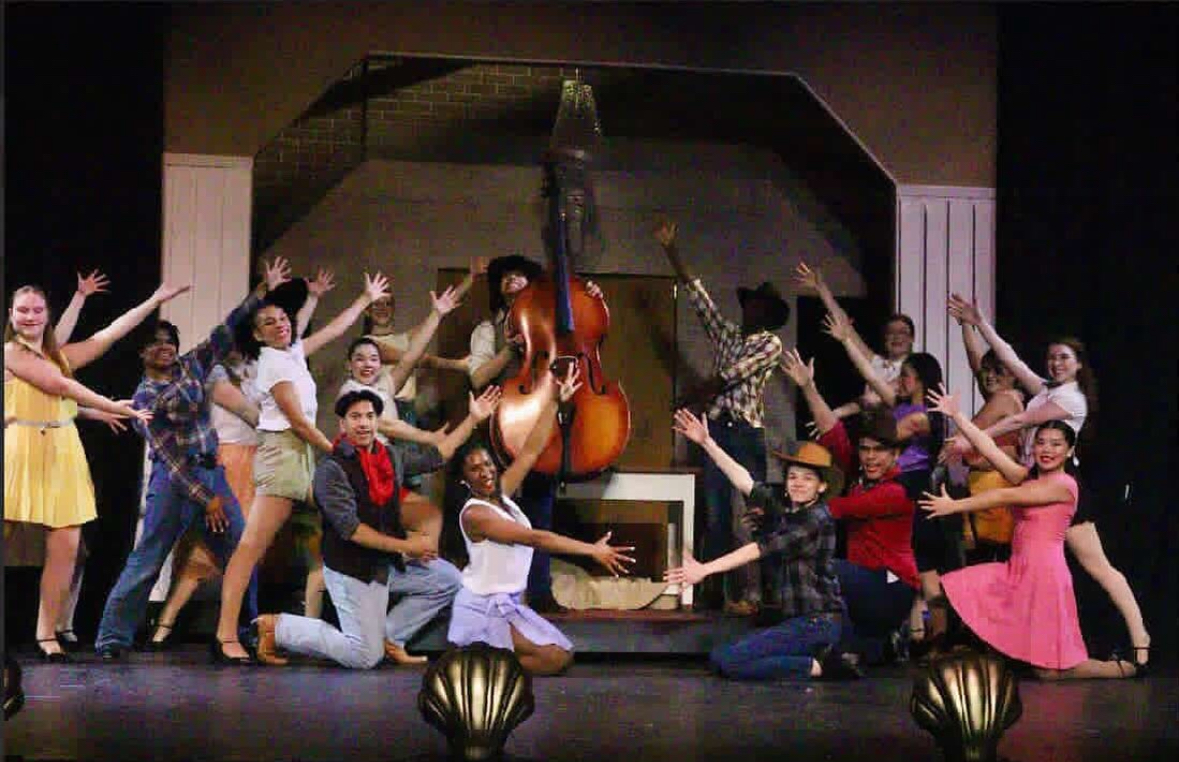


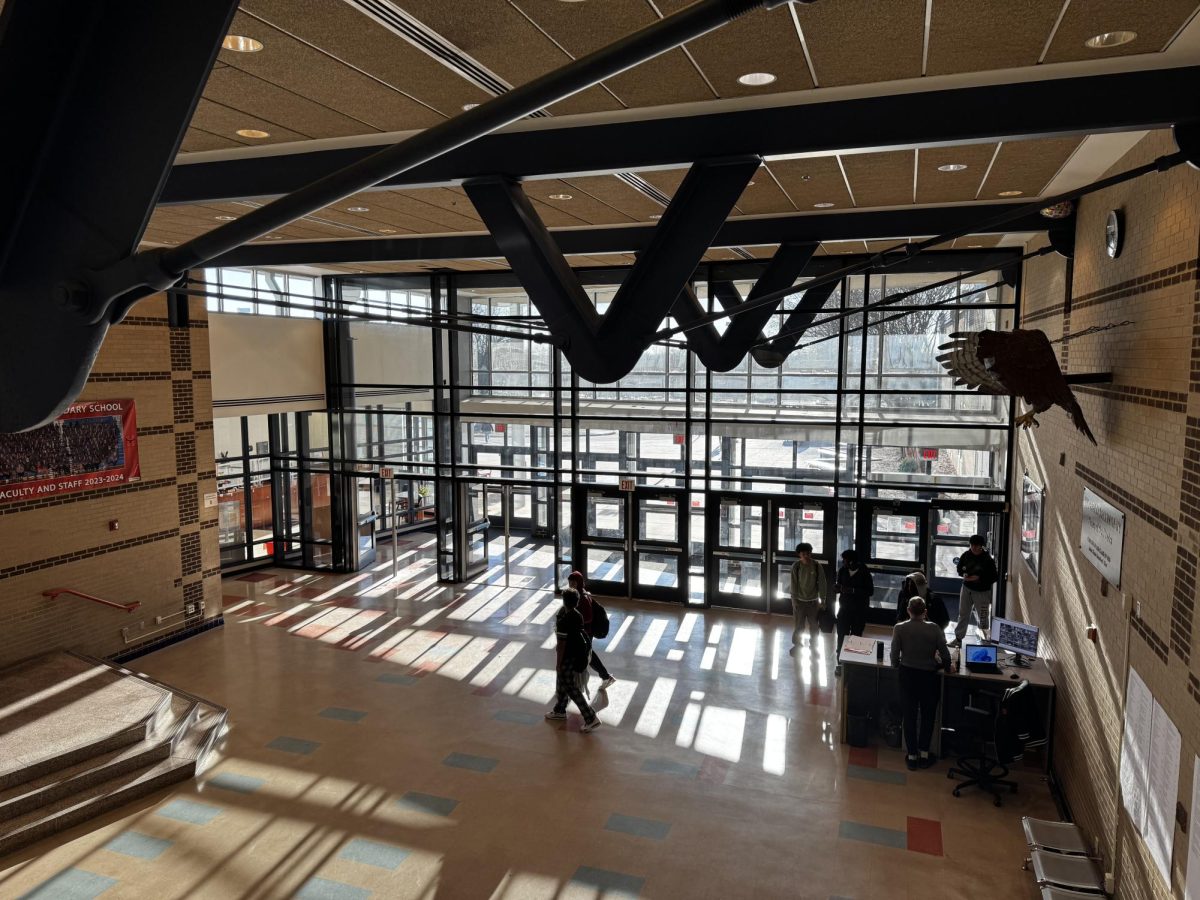

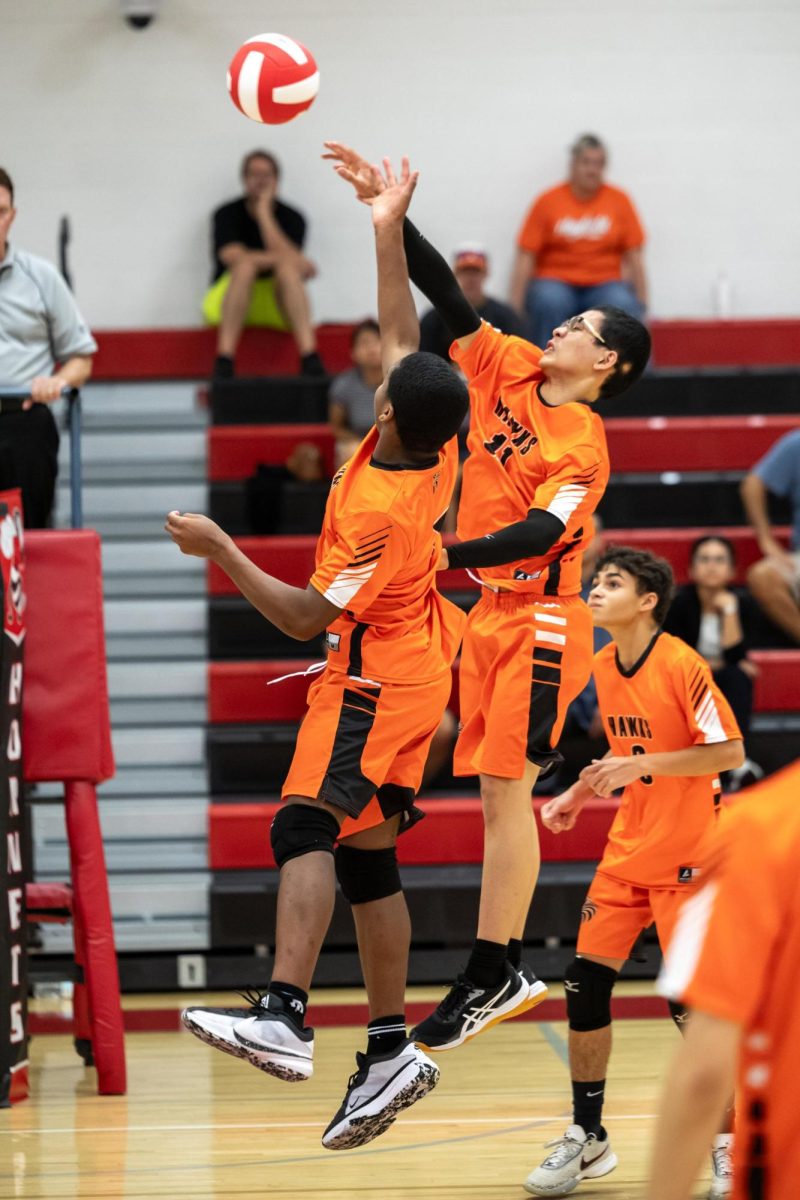
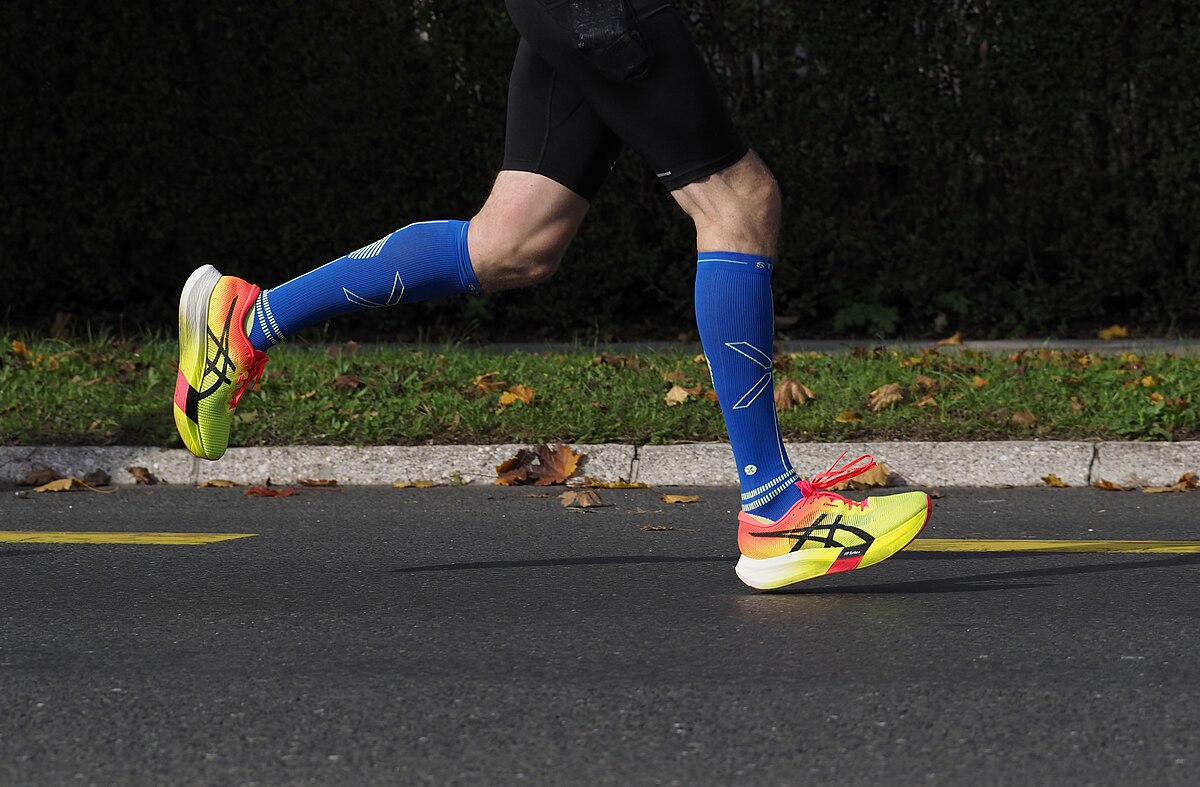


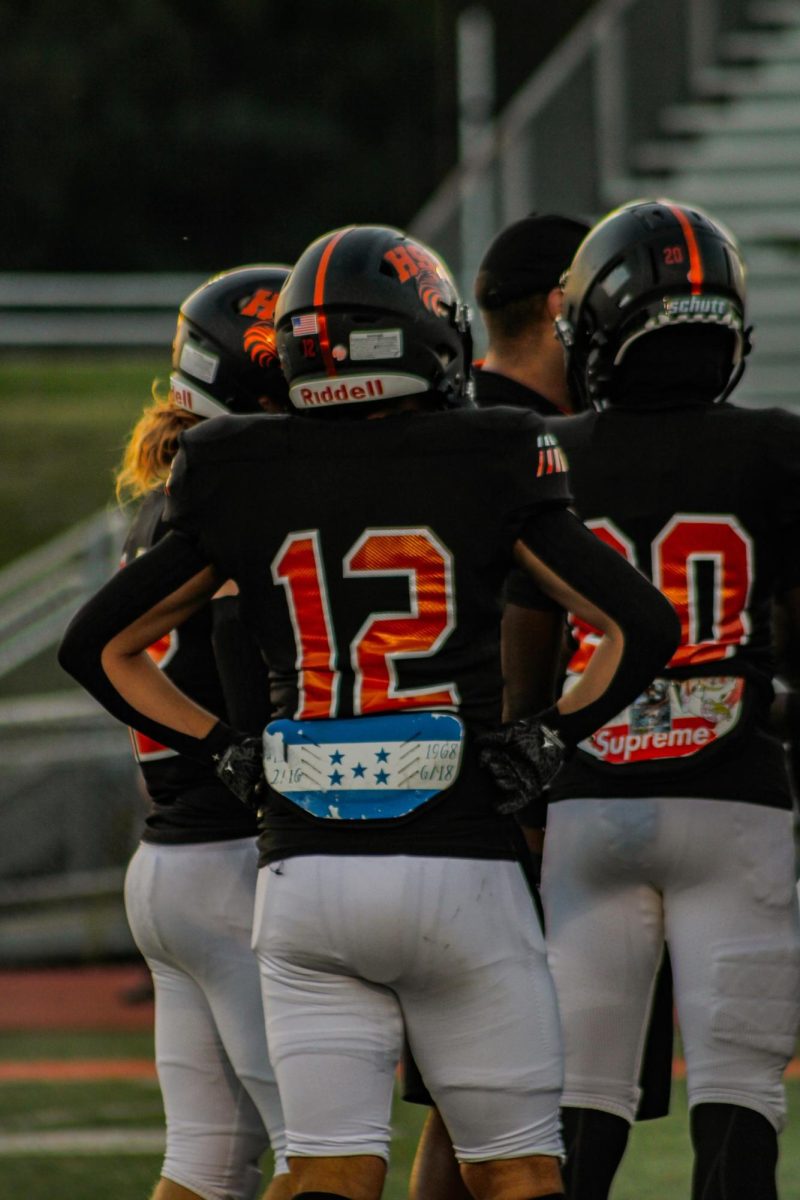






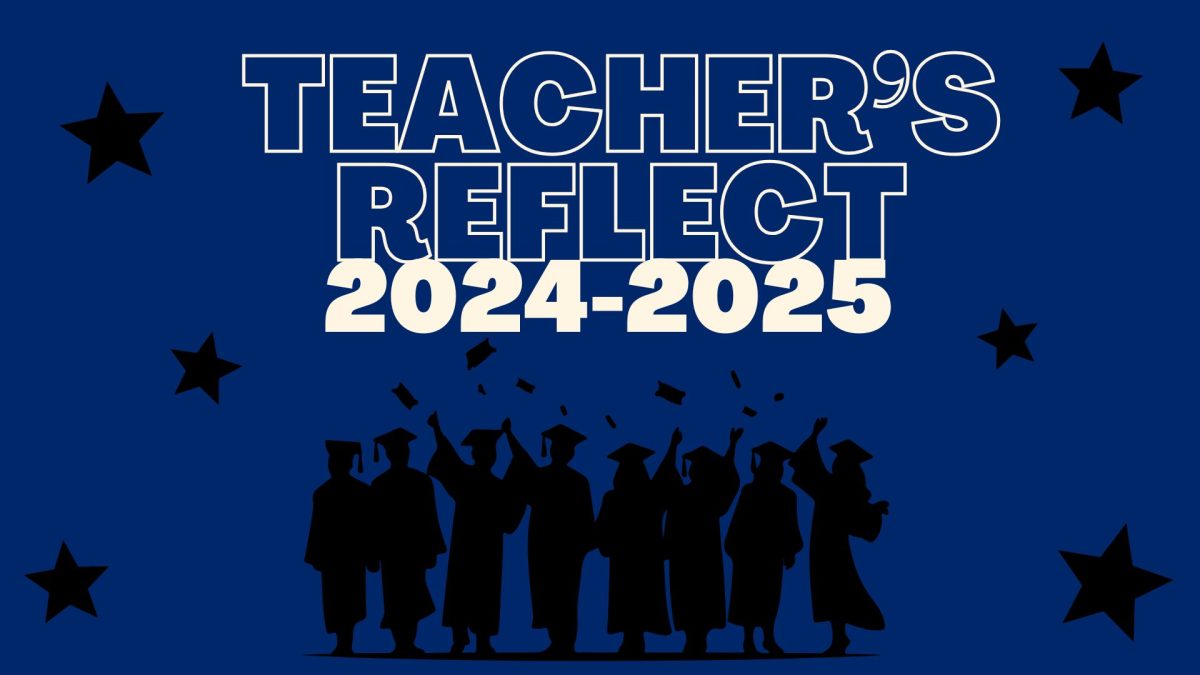


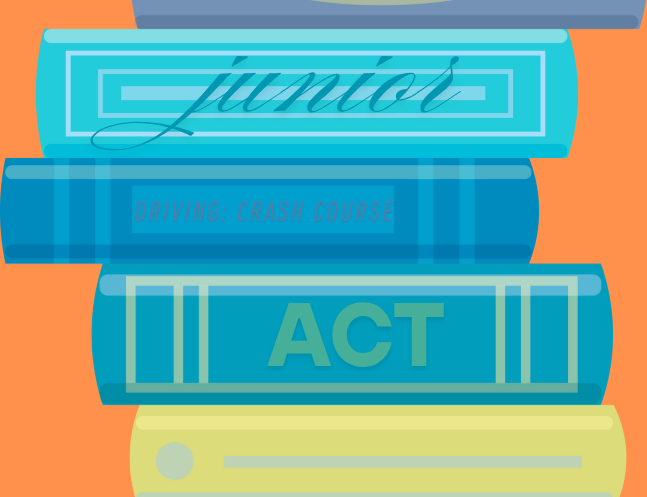

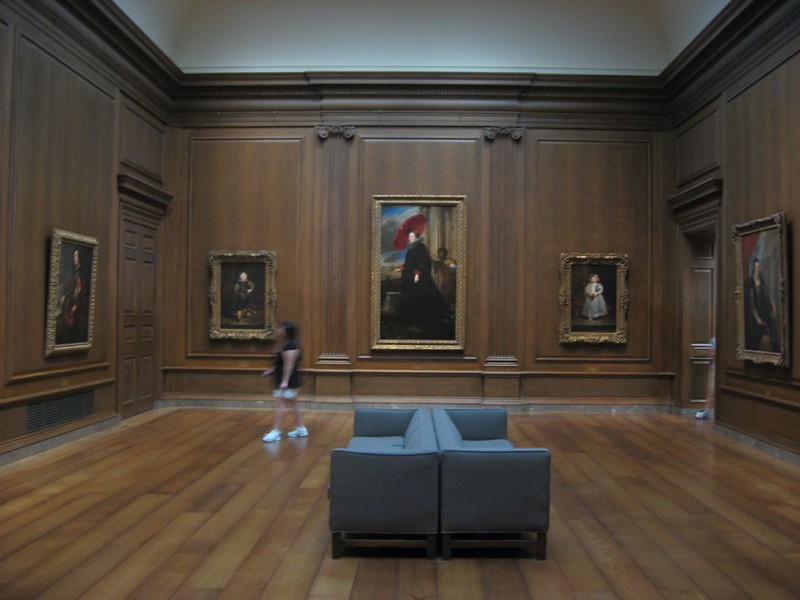
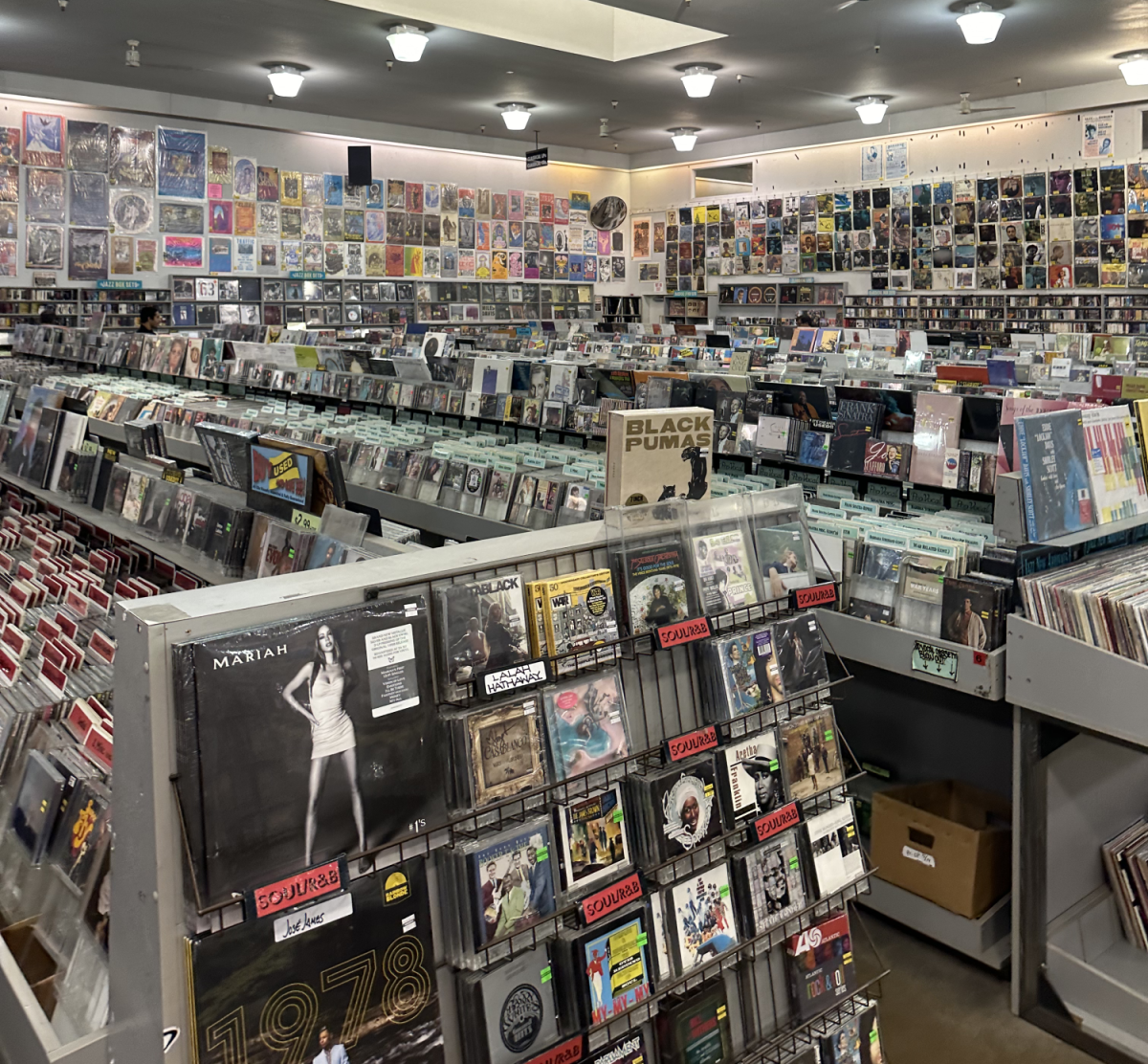


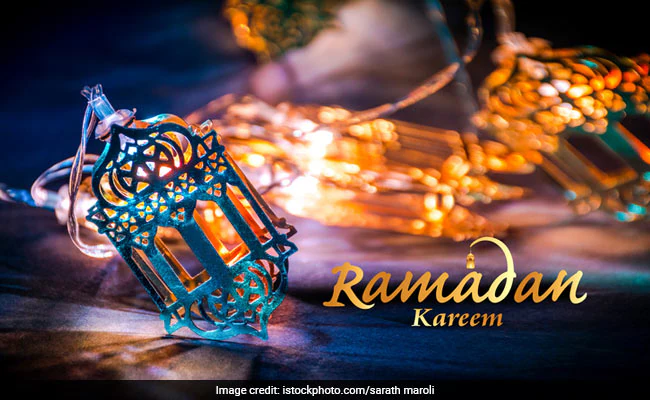

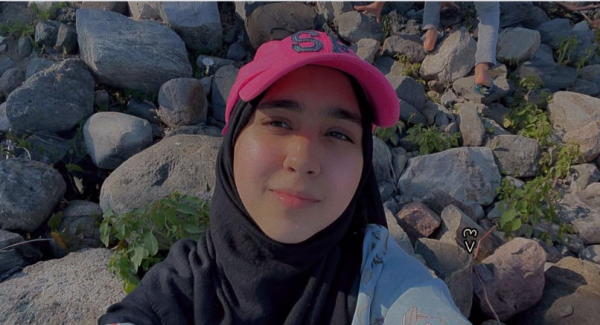
Soleeha Choudhry • Apr 22, 2024 at 8:31 am
Salam
I read this article and I felt so happy like how the writer described everything beautifully about Ramadan. I love the pictures too.
Katerina Floros • Apr 18, 2024 at 9:53 pm
I always love reading your writing, and especially how this one was so educational 🙂